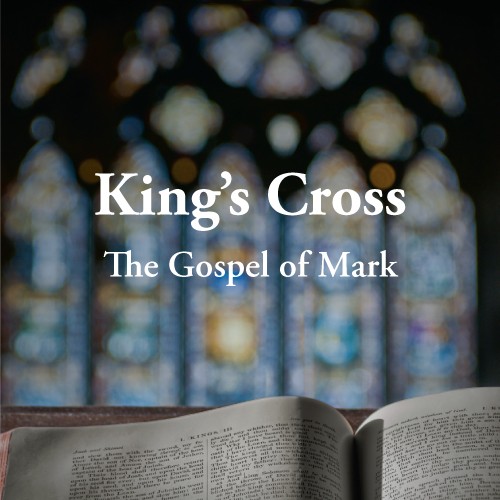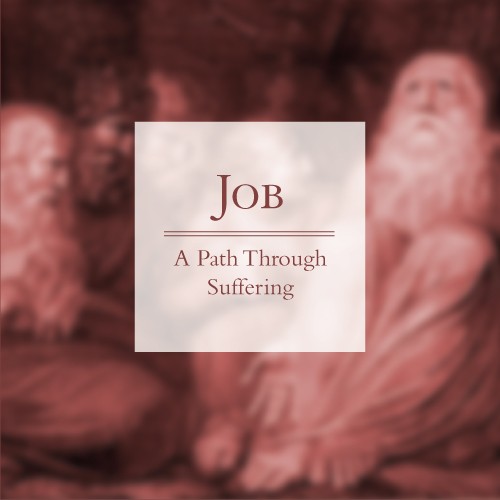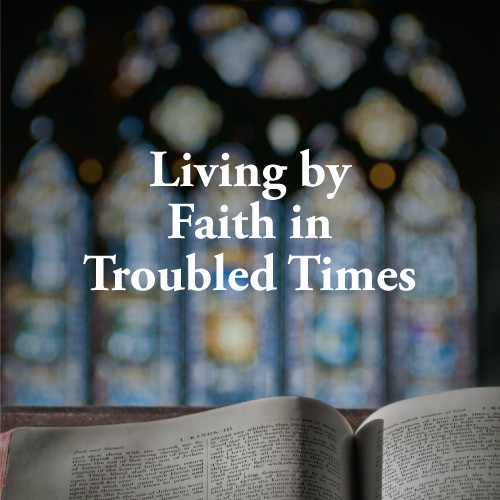
Supper With Friends
Tim Keller | February 4, 2007
Overview
Confucius, Muhammad, Buddha, Moses—they all died in old age, in comfort and blessedness, triumphant over their opponents. Of all the founders of major religions, Jesus alone died alone, young, stripped naked, stared at, mocked, while he died by inches in agony, crying out to God who had forsaken him.
Who, hearing that story, would say, “That’s the spiritual leader I want”? And yet, the suffering and death of Jesus Christ transformed lives at a depth and on a scale that completely changed the ancient world. People’s lives were changed if they grasped the understanding of Jesus’ death that he gave at the Last Supper. So what did Jesus say?
There are three things we see here: 1) the importance of his death, 2) the meaning of his death, and 3) how it can be a transforming power in your life.



